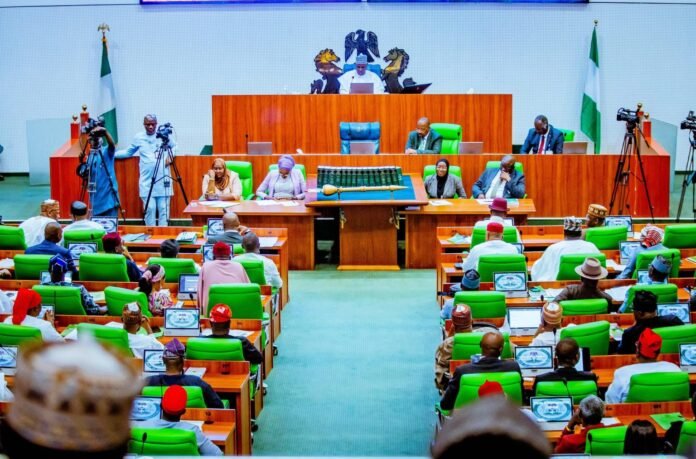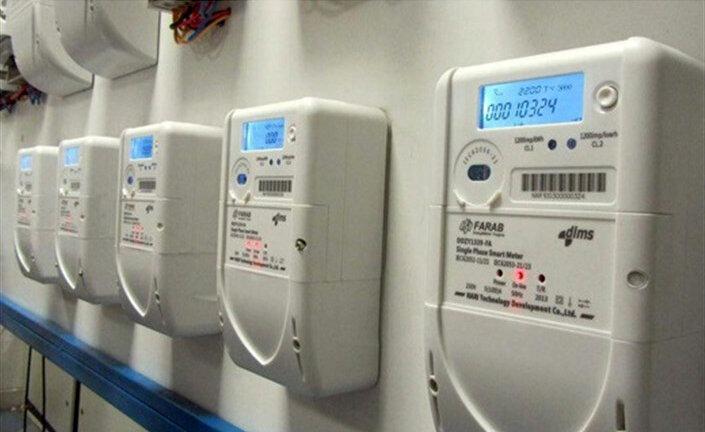The House of Representatives has approved four tax reform bills sent by President Bola Tinubu in October 2024. These bills aim to improve how taxes are collected and managed in Nigeria. They now move to the Senate for approval before the President’s final assent.
The House Committee on Finance reviewed the bills before passing them on Tuesday. The committee addressed key issues, including Value Added Tax (VAT) and inheritance tax. If the Senate agrees, these reforms will change Nigeria’s tax system significantly.
Bills to Reform Tax Institutions and Collection
The approved bills focus on different parts of tax administration. They include:
- HB.1756: A law to organize how federal, state, and local taxes are assessed, collected, and managed.
- HB.1757: A law to replace the Federal Inland Revenue Service (FIRS) with the new Nigeria Revenue Service to oversee federal revenue.
- HB.1758: A law to set up the Joint Revenue Board, Tax Appeal Tribunal, and Tax Ombud to resolve disputes and improve revenue coordination.
- HB.1759: A law to repeal outdated tax laws, consolidate them into one legal framework, and create the Nigeria Tax Act for clearer rules on income and transactions.
The House believes these changes will help fix issues with revenue collection. They also hope to reduce disputes and ensure taxes are managed more effectively.
Big Changes Expected
These reforms aim to modernize Nigeria’s tax system. Some experts agree they could make tax collection more efficient and transparent. For example, the Nigeria Revenue Service will use technology to track revenue, while the Joint Revenue Board will help all levels of government work better together.
Lawmakers say the reforms will also improve tax dispute resolutions. The Tax Appeal Tribunal and Tax Ombud will give businesses and individuals a faster way to resolve issues.
With the Senate’s approval, these bills will move Nigeria closer to having a tax system that works for everyone.
Like 👍, Comment, share this article, and Follow us on our social media handles.







